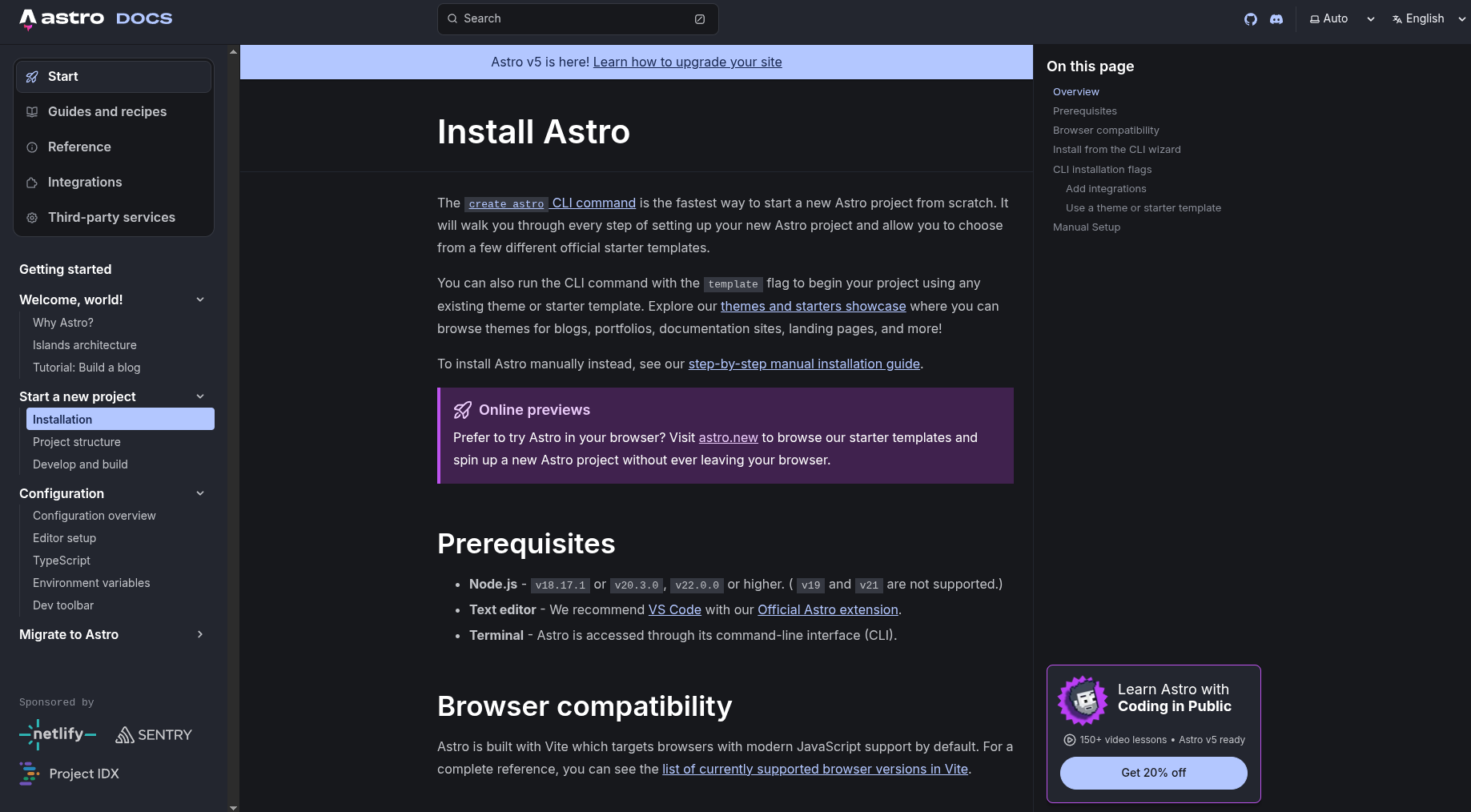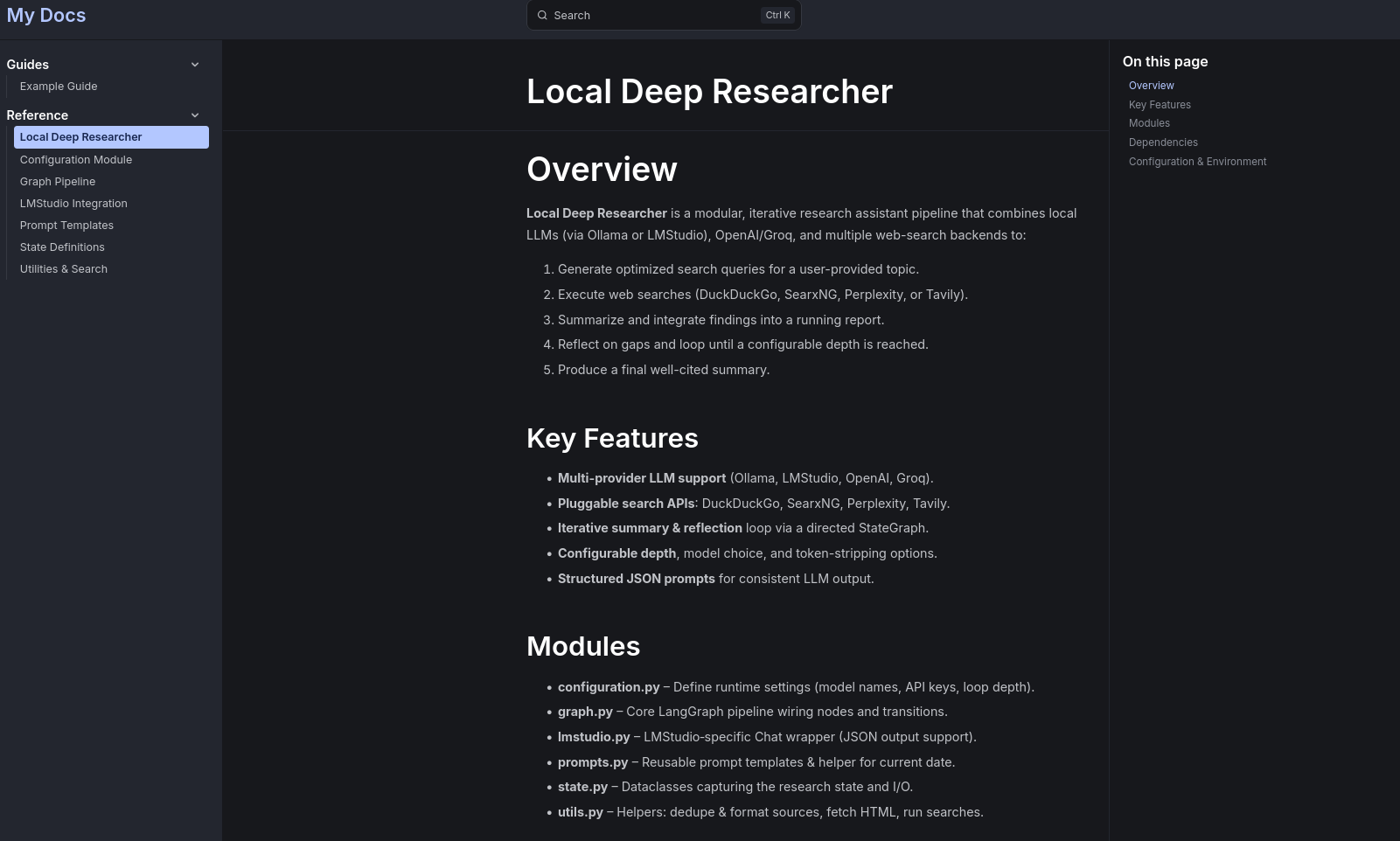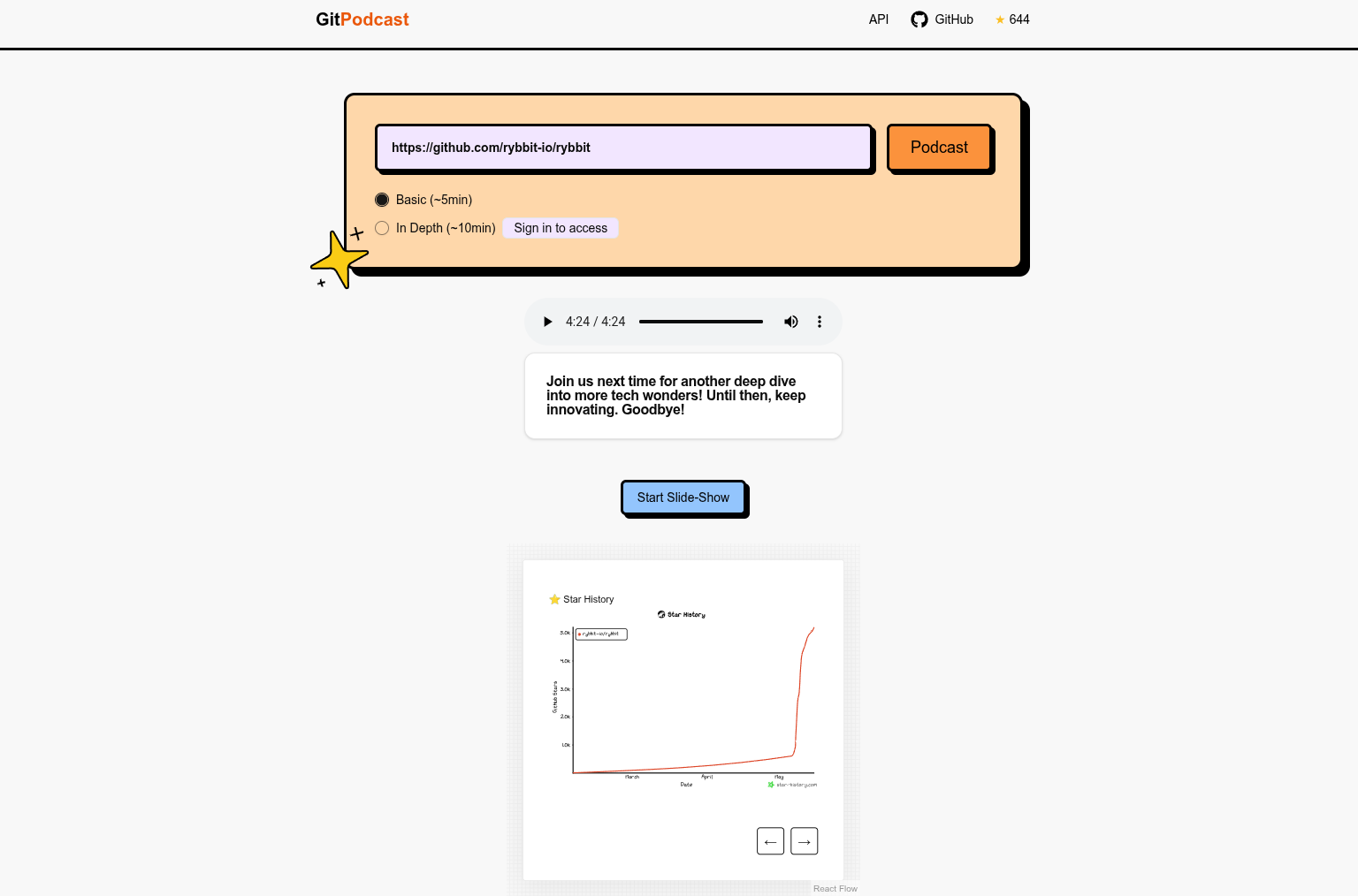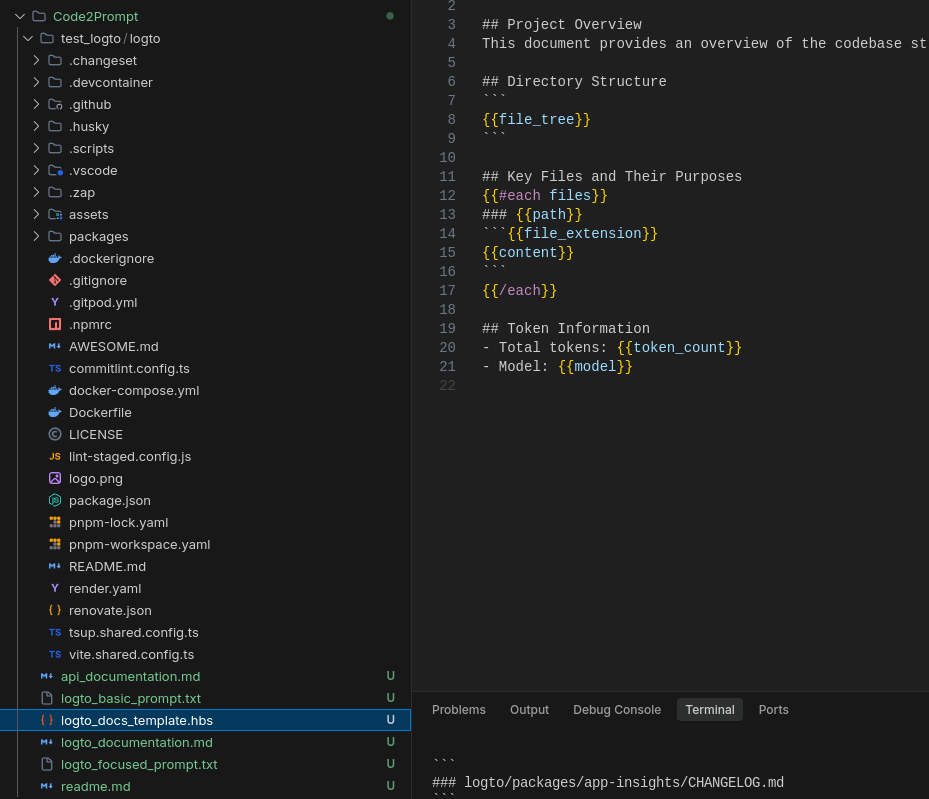Tech for Creating i18n Documentation and related Podcast
Intro
More Web fun Stuff with Astro SSG.
- Quick Docs with astro ssg and starlight
- Bring your podcast to a astro ssg site (AstroPod Theme)
+++ Got website commets working via Commento
Docs Website
Starting very quick with the default astro Theme:
- https://github.com/withastro/starlight - Its an awsome theme!

MIT | 🌟 Build beautiful, accessible, high-performance documentation websites with Astro
What I like about this Starlight theme?
- Doc like interface
- With ToC (Table of contents that goes down with you, as you read)
- Internationalization (different languages with
i18n) - Search built in (with algoliasearch)
- Amazing Docs: https://starlight.astro.build/
- OpenGraph (OG) image when shared (also when sharing posts)
- All the sample features at their sample posts
- Supports
md,mdxandmdoc - Sitemap/RSS/Robots
npm create astro@latest -- --template starlight
#npm run dev
npm run dev -- --host 0.0.0.0 --port 4321 #http://192.168.1.11:4321/And…thats all go to
localhost:4321and see your cool Astro powered docs.
 Vibe Coded Repo Docs- Post ↗
Vibe Coded Repo Docs- Post ↗What was missing (imo)?
Blog/Archives Interface
Pages Interface
Tag system
Some kind of “app directory Template” to search apps/real estate properties…, like this one or this one
Integration with some CMS, like Keystatic…
LastUpdated for Docs/Posts
Some Astro data fetching example
Image Options examples: raw and optimized
Data fetching, so that you can reference content, like your
docker-compose.ymlpublic on github, so that others can edit them.A progress line bar on the top of the posts to show how much you have left
Katex, Charts and diagrams rendering
Maybe commenting system? Or Giscus, maybe?
Adding Commento
You can explore commento’s PostgresSQL DB:
docker exec -it commento_db-foss bash
psql -U commento -d commento
\dt
\c commento
SELECT * FROM comments;
PodCast Website
I found some time ago this nice astro ssg theme:
MIT | Free and open source self-hosting serverless podcast solution
I got very surprised, but yes: the audio is playable while its deployed statically.
Superlative job from ManuelErnestog, which I forked here
And actually not the only OSS project: https://github.com/manuelernestog/weektodo
sudo snap install weektodoWhich is great if you are Time/focus aware!
With the AstroPod Theme, you can get something like: https://nav.al/program
Using Astro SSG to Host your Podcast
To get quickly with selfhosting via container and exposing via cf tunnels your astroPOD instance:
git clone https://github.com/JAlcocerT/astropod && cd cd astropod
#make quick-dev
make quick-prod
#docker network ls | grep cloudflared_tunnel
docker network connect cloudflared_tunnel astropod-prod #connect
#docker inspect astro-prod --format '{{json .NetworkSettings.Networks}}' | jqnetworks:
#adventurelog_net: # Define the internal network
# nginx_nginx_default:
# external: true #for https
cloudflared_tunnel:
external: true # Mark the 'tunnel' network as externalNow go to CF Zero Trust and add the astro production statically generated
astropod-prod:4321as per the docker-compose.
The theme bring support for icons at ./src/components/icons/ebookIcon.astro : https://github.com/tabler/tabler-icons
MIT | A set of over 5800 free MIT-licensed high-quality SVG icons for you to use in your web projects.
I got mine published for now at podcast.jalcocertech.com!
And most certainly, this astro theme will be a project that can be well linked to TTS/voice clonning/social media.
So who knows, maybe this blog will migrate at some point to a astro text+audio summary Ai generated :)
And the theme brings a RSS feed, so that you can subscribe with tools like FreshRSS:
# Test RSS feed locally
curl -s http://localhost:4321/rss.xml | head -10
# Count episodes
curl -s http://localhost:4321/rss.xml | grep -c "<item>"
# Get episode titles
curl -s http://localhost:4321/rss.xml | grep -o "<title>.*</title>"
# Check headers
curl -I http://localhost:4321/rss.xml
# Test on production (once deployed)
curl -s https://podcast.jalcocertech.com/rss.xml | head -10Conclusions
Its great, yet overwhelming the amount of new SelfHosting Projects that are out there and that are coming.
Would there be a way to automate the test and deployment of such software via containers?
Or should our selfhoster backlog to be tried list to keep growing?
Why are you doing this though?
The idea
Lately, I have been tinkering with shorts,
Also with automatic project Docs, particularly here

Wouldnt this be a way to “catch up” with the bast amount of cool projects to SelfHost and share a quick overview with others?
Example use case: Given the awsome weekly newsletter https://selfh.st/weekly/2025-05-09/ at the New Software section
See a project, summarize its code/features and make a podcast/short about it: https://github.com/lumenlabss/LumenOne
MIT | Best Plesk (The Ultimate Toolkit for WordPress Sites) alternative open source & free
A look to GitPodcast
I was (one more time) amazed on what people is able to create:
MIT | Convert any git repository into an engaging podcast
The project uses an interesting TTS setup
Does this resonates with creating AI powered podcasts on how selfhosting projects work?
How does this works?
Its crazy how it summarizes the streamlit repo…
See by yourself: https://www.gitpodcast.com/streamlit/streamlit

Code2Prompt
After tinkering with project docs automatic creation, I found this.

Code2Prompt Features… 📌
Key features include:
Converts entire codebases into a single prompt.
Utilizes Handlebars templates for customizable prompt generation.
Respects
.gitignoreand allows file filtering with glob patterns.Displays token count for generated prompts.
Supports copying prompts to clipboard and saving them to files.
Generates Git commit messages and pull request descriptions from staged files.
Offers built-in templates for various use cases (e.g., documenting code, finding vulnerabilities).
Installation options available include:
Binary Releases: Download from the Releases page.
Source Build: Requires Git, Rust, and Cargo.
Cargo: Install via
cargo install code2prompt.AUR: Available for Arch Linux users.
Nix: Can be installed using
nix-env.
Usage is straightforward, allowing users to generate prompts from their codebase with optional filters and custom templates.
The tool helps streamline LLM prompt creation, enhancing productivity for developers.
MIT | A CLI tool to convert your codebase into a single LLM prompt with source tree, prompt templating, and token counting.
Outro
- WindScribe VPN CEO almost got jailed?
Our CEO Almost Got Jailed, So We Made a Shirt!
Cal will have EU hosted instance: https://cal.com/europe
LogToAI Docs https://docs.logto.io/end-user-flows/sign-up-and-sign-in